Can put one student like Mekha through peace education at the Kigali Genocide Memorial
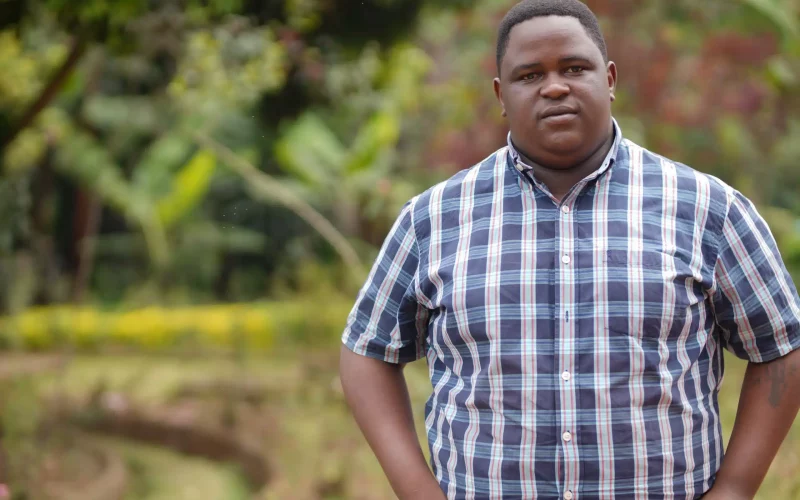
Can help train a teacher like Albert, who launched a peace initiative in his community
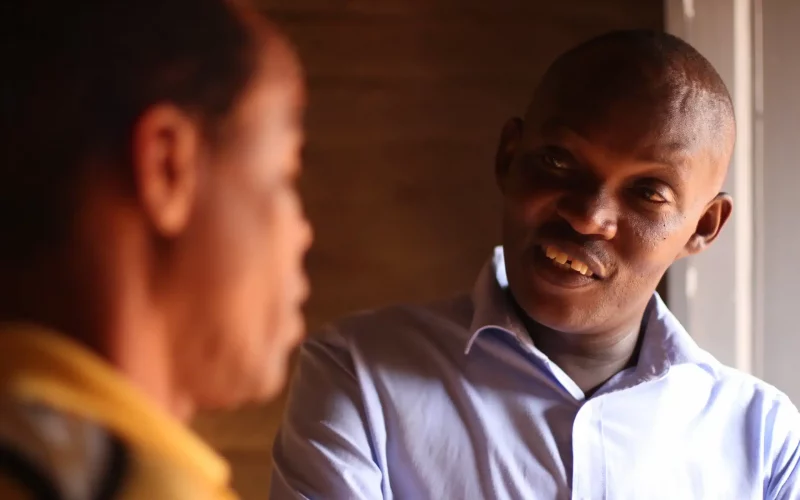
Can fund a participant like Kadjidjia through our peace programme in the Central African Republic
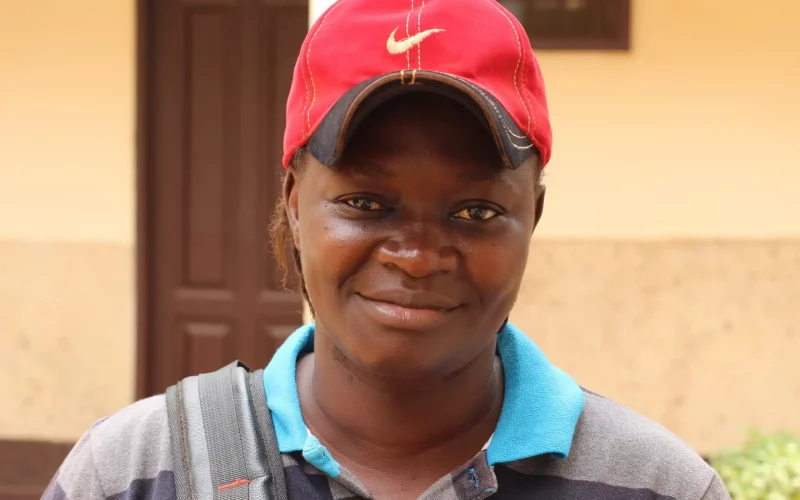
Can help take a leader from a community in crisis through our changemaker programme
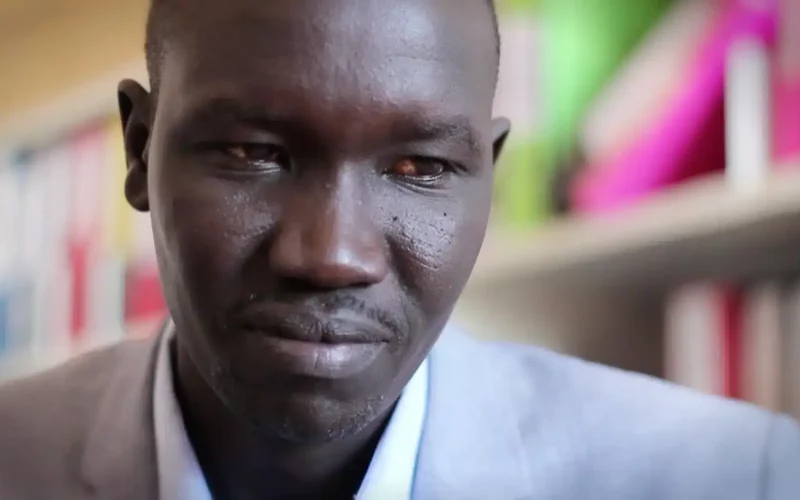
Monthly giving makes it easier to plan your generosity and achieve a far bigger impact over time.
Monthly donations provide a predictable source of funding we can rely on, allowing us to plan and execute programmes more effectively.
Donate $30 or more monthly to qualify as a friend of the Kigali Genocide Memorial and member of the Aegis Trust - giving you free access to all our chargeable online content, courses and events (see Aegis Digital).
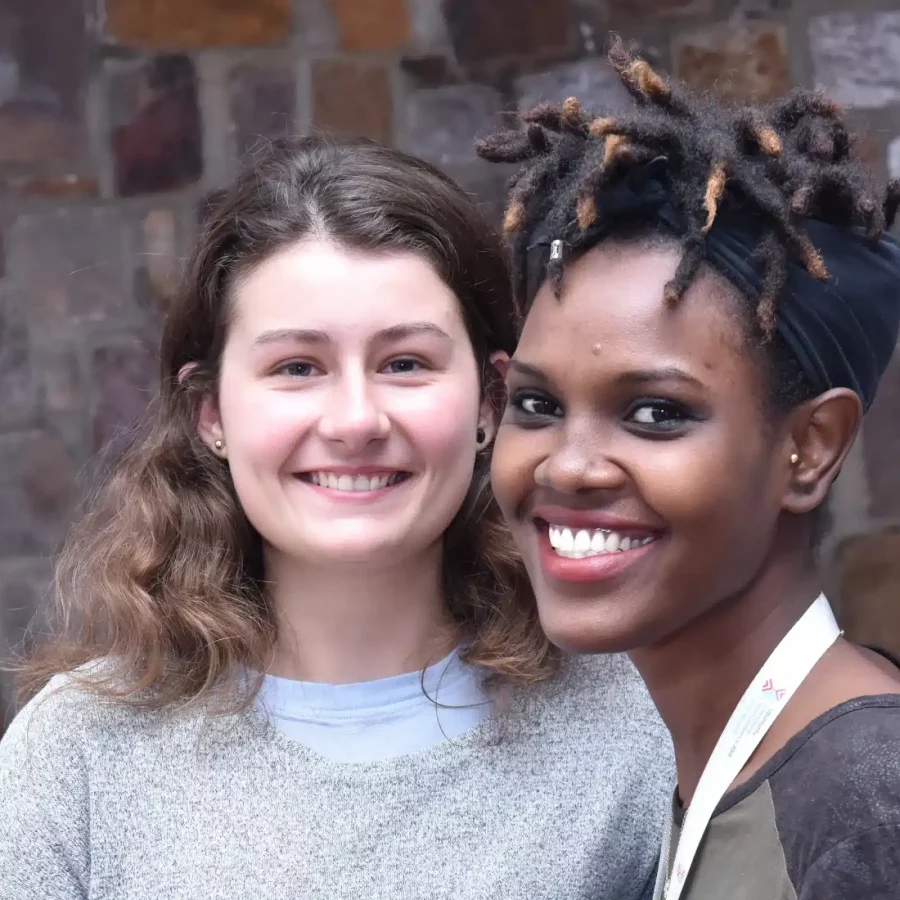
Help us through fundraising – and get the inside track on our work at the same time.
Our work depends on the fundraising of people like you. This short self-guided course will help you triple what you could fundraise without it. We’ll also add you to our mailing list, so you get great insights into our work which you can use when communicating with potential backers!
Copyright © 2023 Aegis Trust. All Rights Reserved. Registered Charity: UK – Aegis Trust, charity no. 1082856, US – Aegis America Inc, EIN 31-1769192, Rwanda – Aegis Rwanda